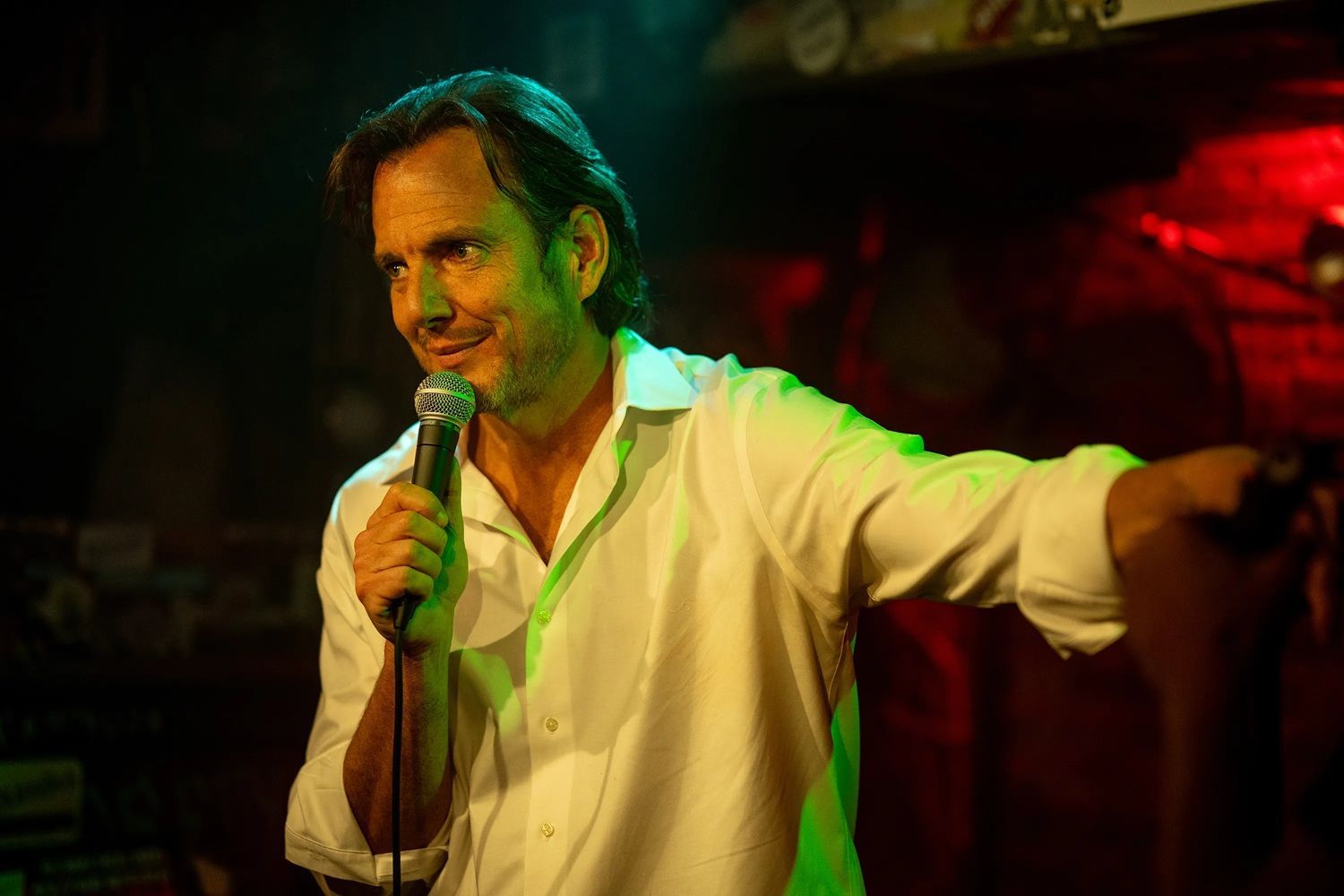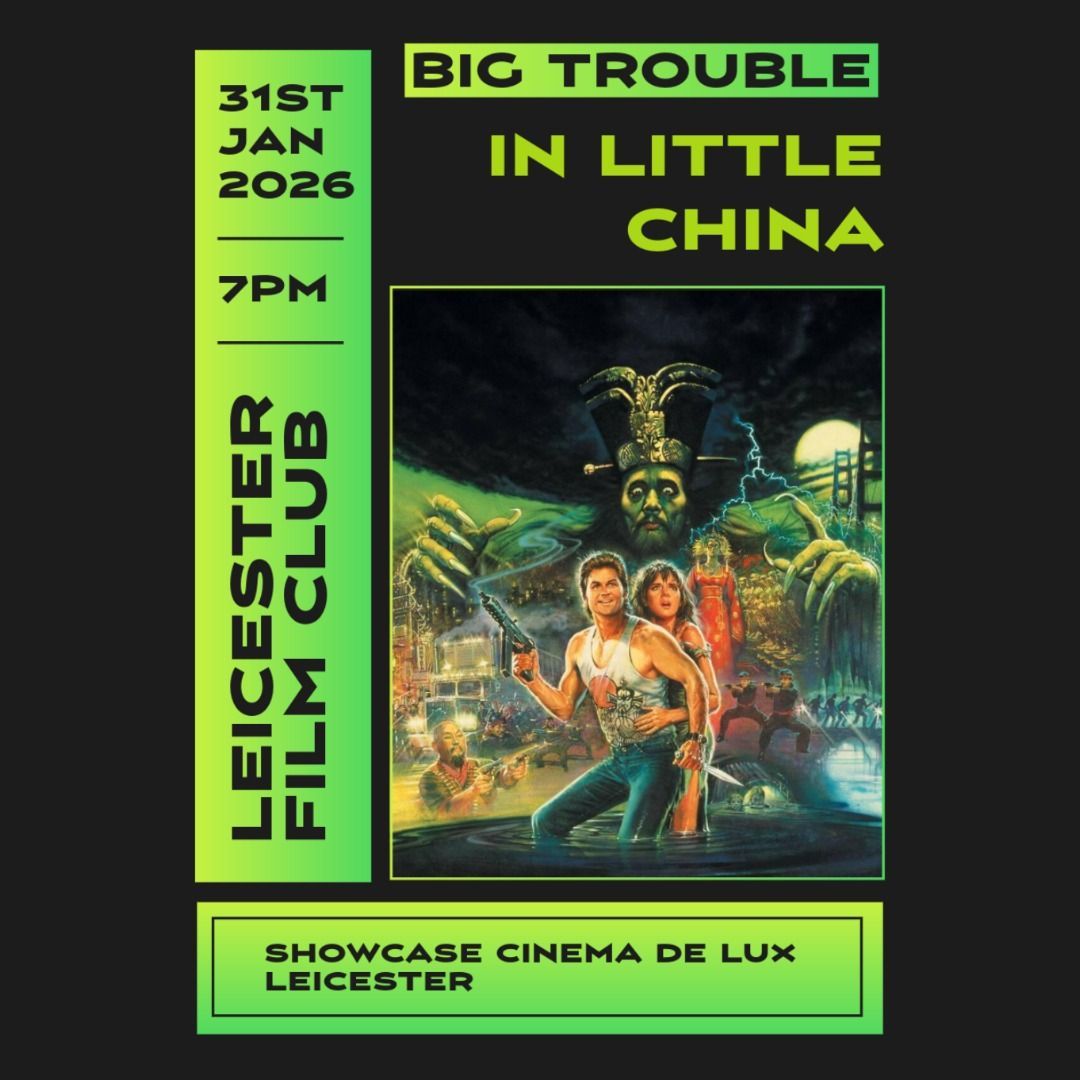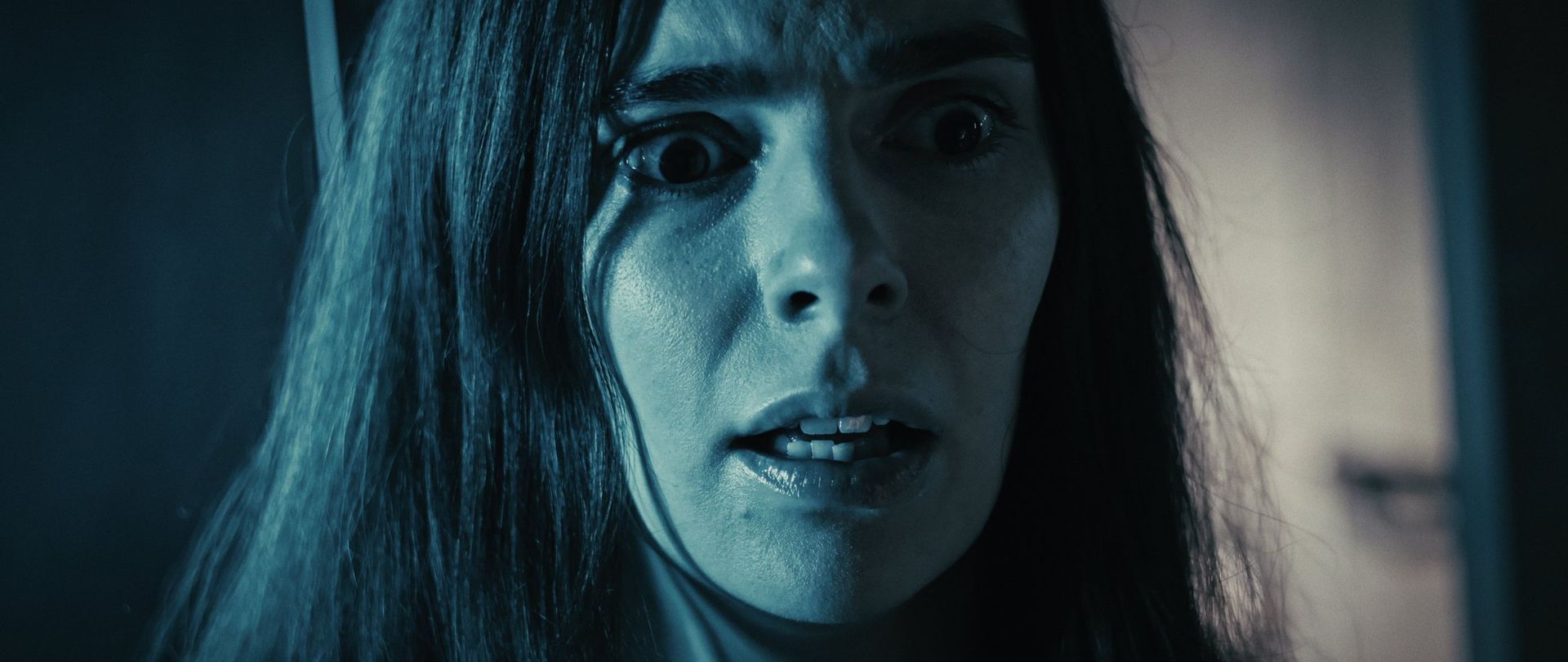Midlands Review of Lot
midlandsmovies • September 23, 2021
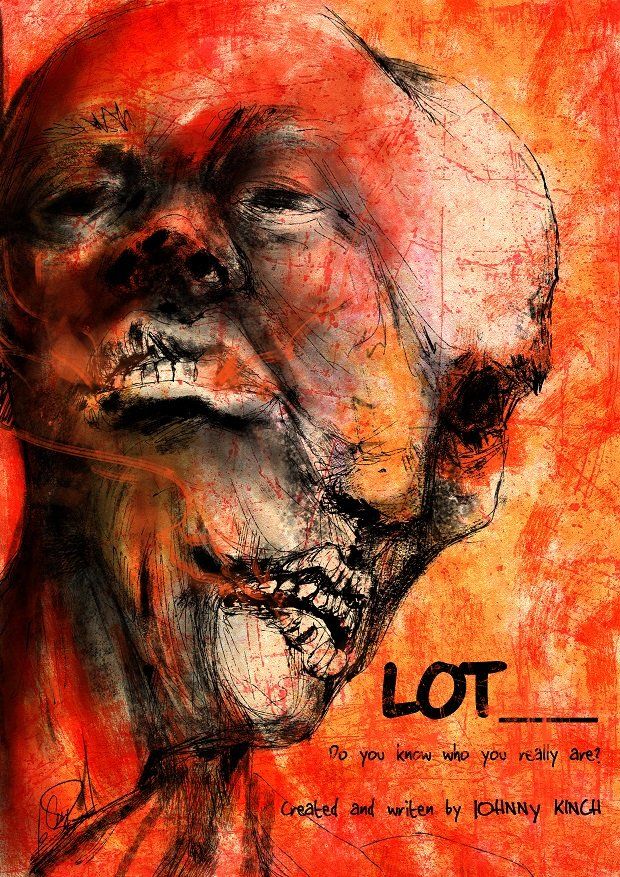
Lot
Directed by Johnny Kinch
2021
Film Inc Production
Using film to exorcise personal demons is very much part of the creative process but none more so in a new 20-minute film called Lot from director Johnny Kinch.
A gruff voiceover over an image of a tattooed man in a cowboy hat is our introduction into a world of sleazy Americana-infused grindhouse.
With a stark black and white palette and an American voiceover, Frank Miller’s Sin City is the first obvious comparison. And halfway through there’s also a switch to colour and some bloody handprints on the wall hinting at unexplained violence.
Our protagonist (filmmaker Kinch himself) is a disturbed man popping pills and seemingly in self-induced isolation dealing with the hardships of an unknown crime. The internal conflicts are played out in the broad voiceover whilst the floating camera, stylistic lighting and eerie sounds are a window into the disturbed mind of this individual.
The gumshoe-style dialogue continues as we hear voices which may or may not be in the protagonist’s head or are they repressed memories from the past. Kinch does well to create a kind of melancholic chaos from the shot choices. The noir cinematography is good with extreme close-ups focusing on the personal, whilst the shadows and light nod to the film’s classic influences.
Sadly, not so good is the sound though. Noise of sirens, radio voices, telephone calls work well to create confusion but the voiceover hard cuts to silence every time a sentence is uttered which stands out, as it simply seems unfinished.
The script has the style of an old detective/crime noir but with lines like “Nothing is guaranteed but death” and “Was I dreaming? Was this my worst nightmare?” are unfortunately less of a nod to the classics and more of an overused cliché.
As the hardship of the protagonist continues, there’s dialogue suggesting he’s contemplating ending it all and at the same time, the whispers and thoughts he’s hearing could be his own, his subconscious or from an acquaintance in the present.
Kinch continues to use well-known genre tropes as the man gets hold of a gun and some clever split-screen hints upon a split personality situation after the acknowledgement of him “having a condition”.
As background, the director has acknowledged the film was shot and made through the pandemic and it’s admirable that such a complex project was created during this difficult period. Kinch was also suffering personal alcohol dependence issues and the internal struggles and personal introspection clearly comes across in Lot.
From mental health to mortality the film tries to tackle big issues and although not always successful it definitely is a labour of love and something powerfully personal to Kinch.
And so, the film is essentially a catharsis for the filmmaker which helps to make up for the technical flaws. The medium and creation of film itself can be a rewarding experience. For a first film, there are promising signs to come. Whilst it’s admirable Kinch has taken on so many roles himself, an editor/sound mixer may be the asset most sorely missing on the technical side of things.
The cinematography is good, the sound definitely needs a polish and a tighter edit would help smooth all these things together. Yet with the film being dedicated to co-actor Mark Winks who sadly died after the film was completed, Lot becomes even more a passion project that is ultimately a success just by getting it finished at all. Especially given what the filmmaker was up against throughout.
In conclusion, there's no doubt Kinch can build upon this solid foundation to develop his filmmaking talents further, which will hopefully be undertaken under much easier circumstances.
Michael Sales
